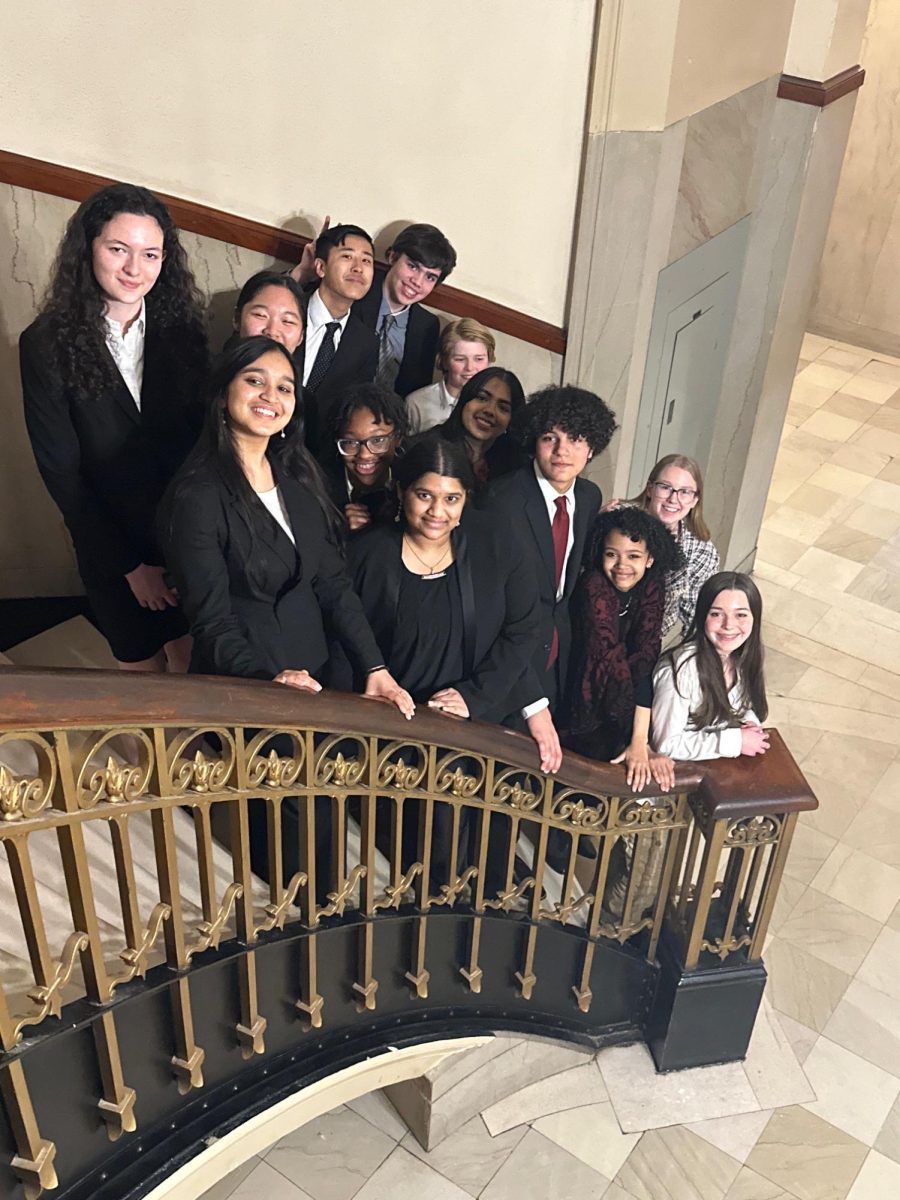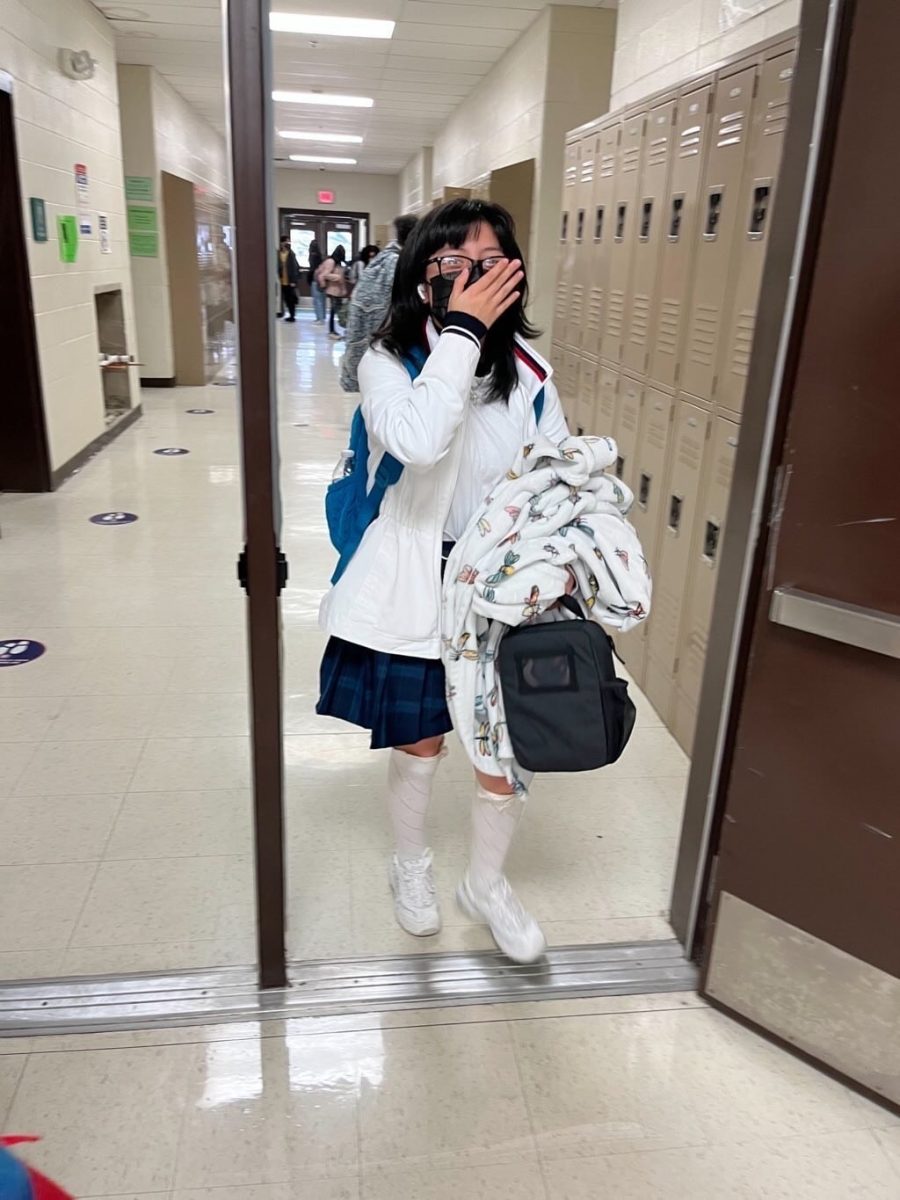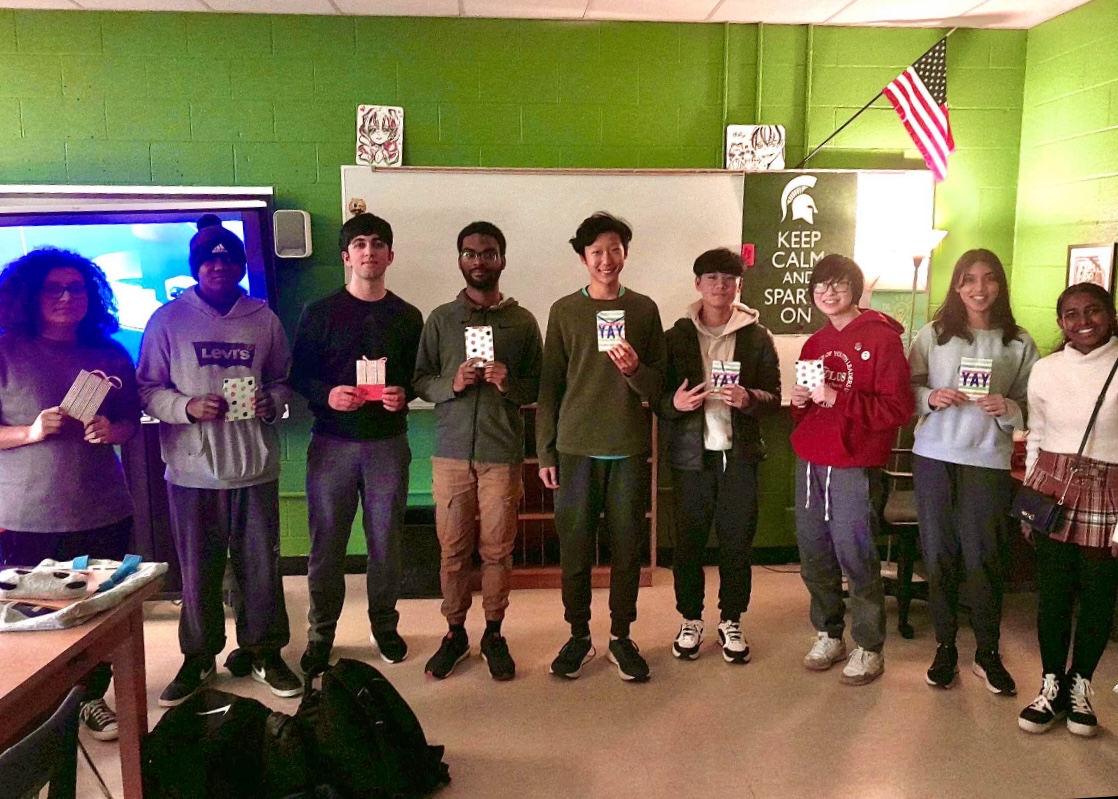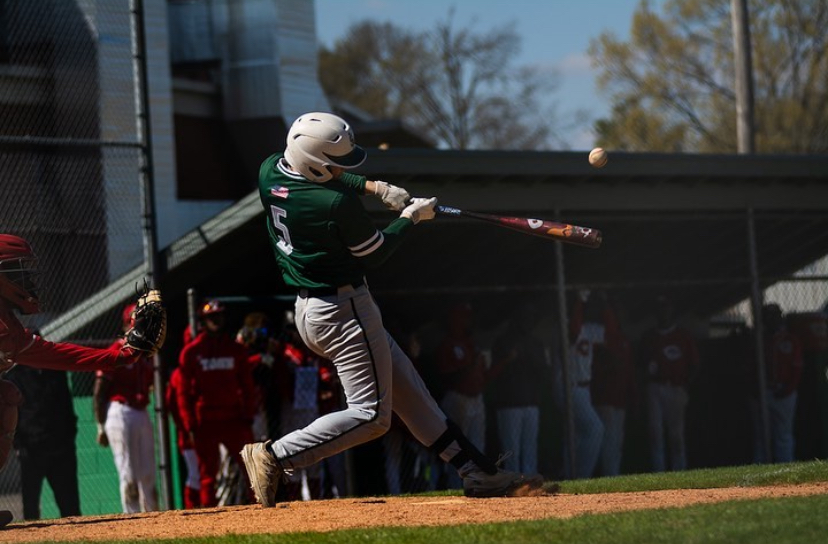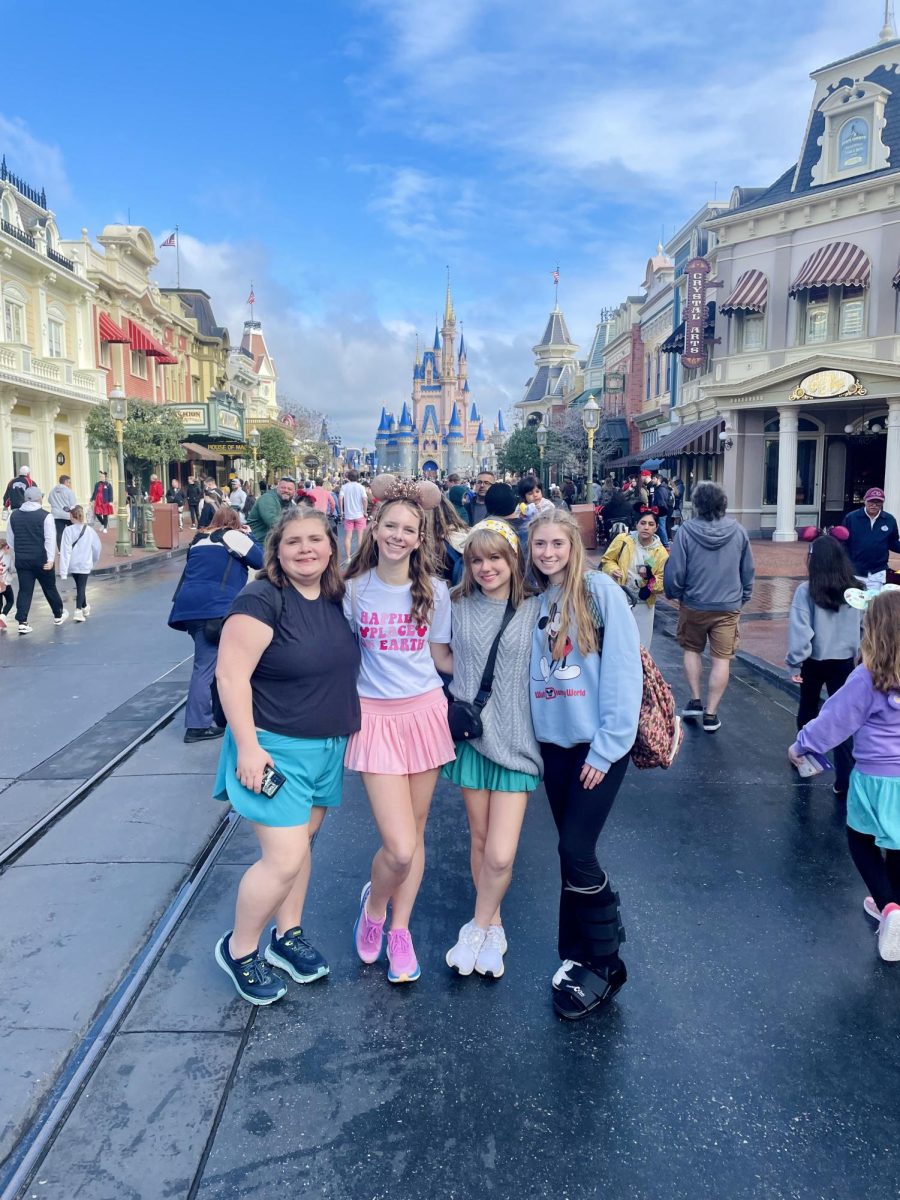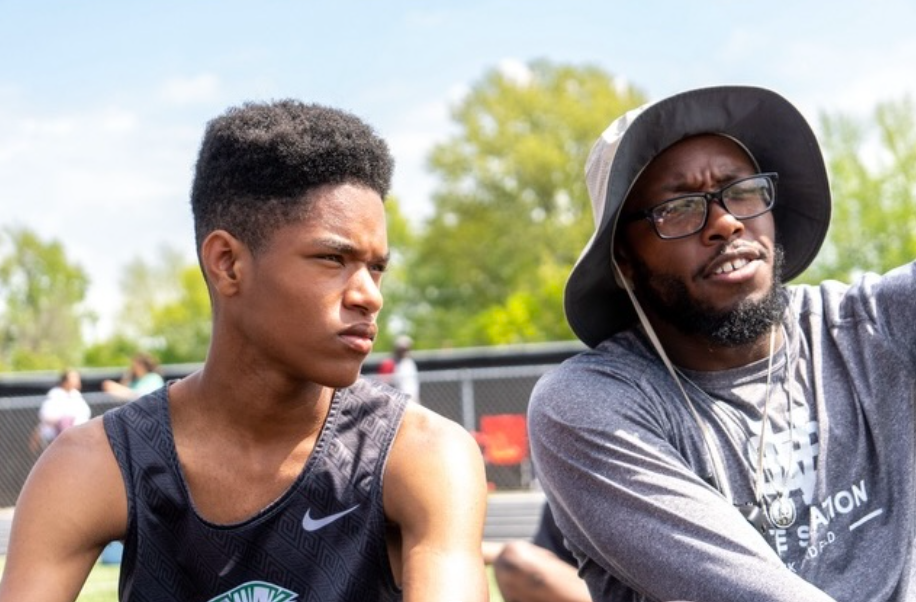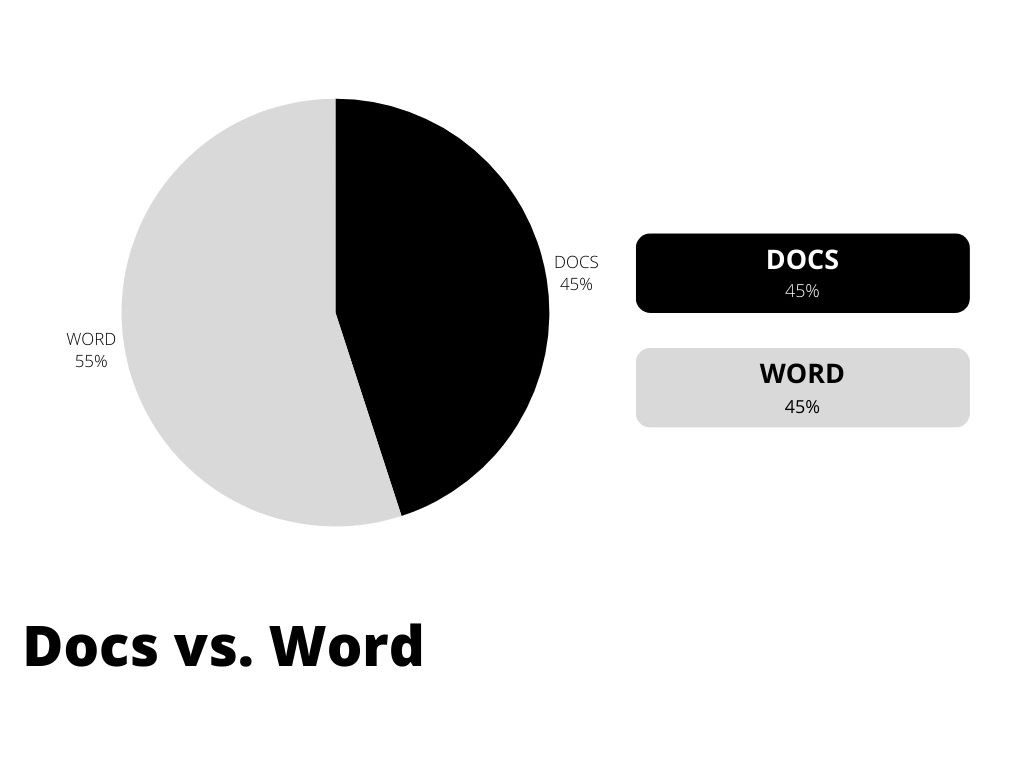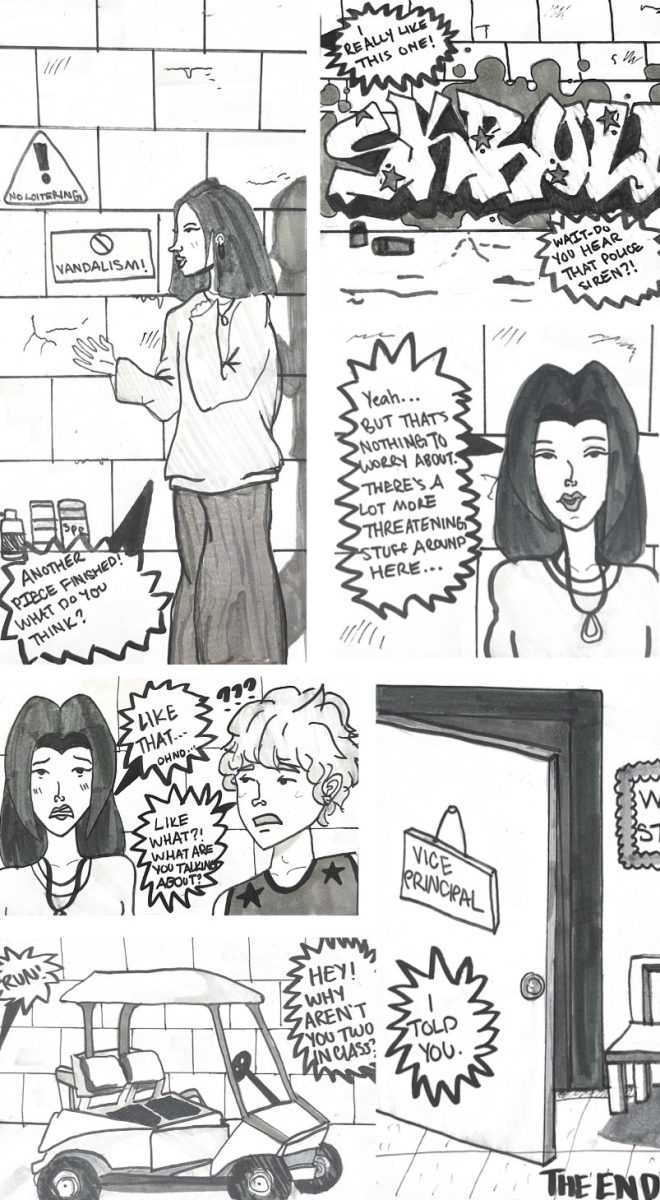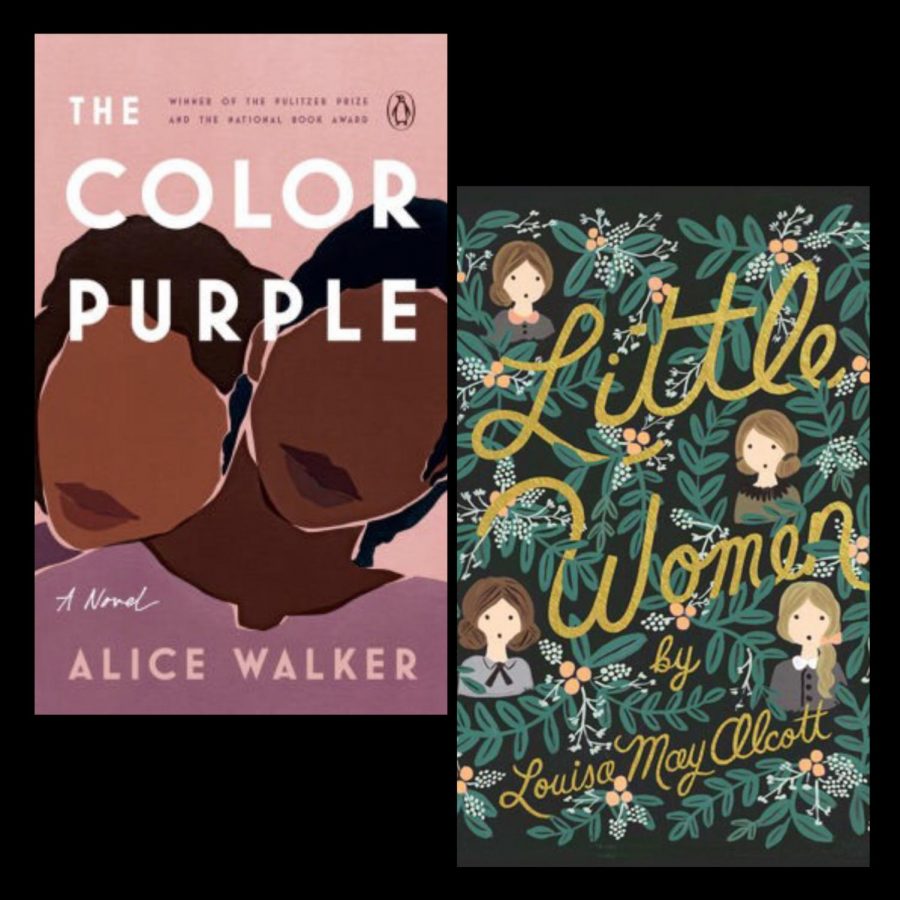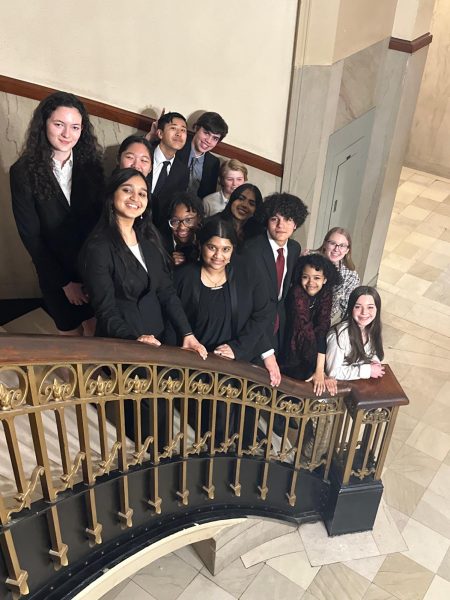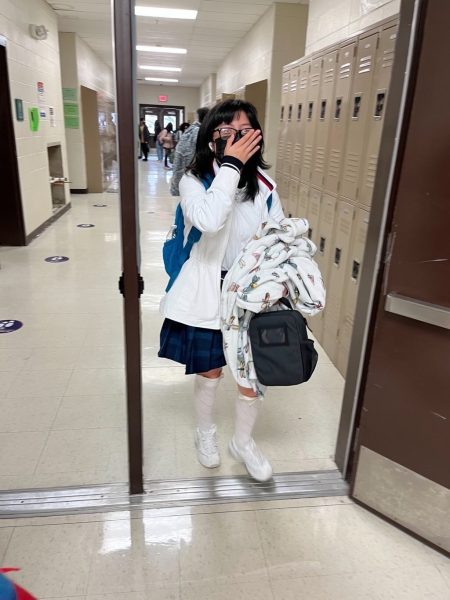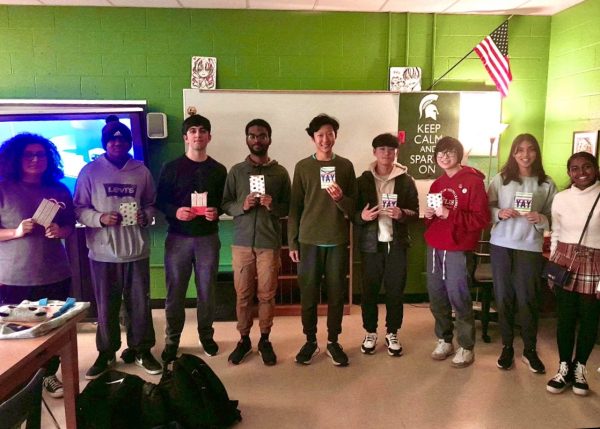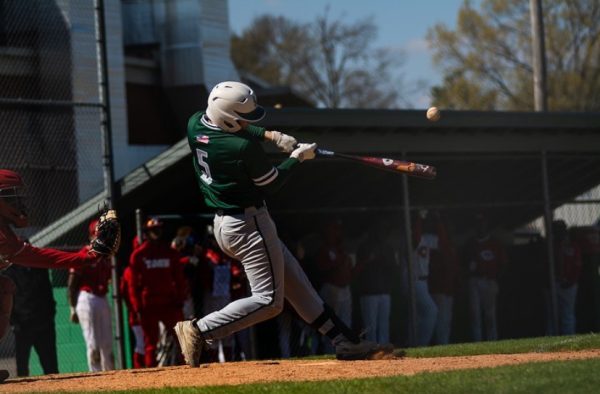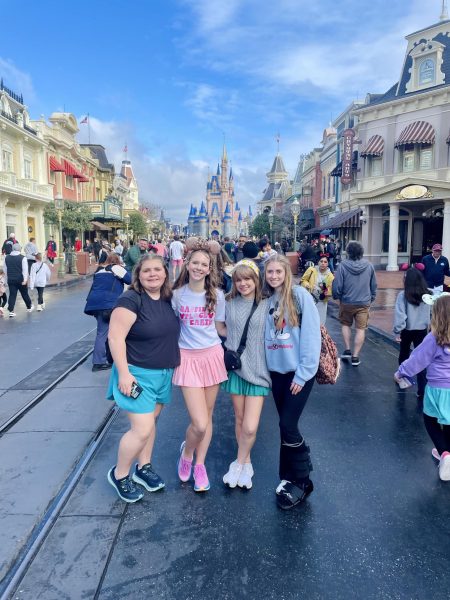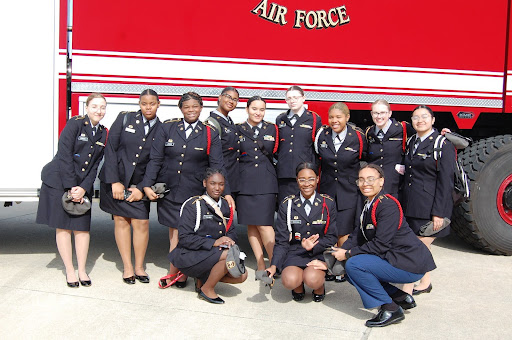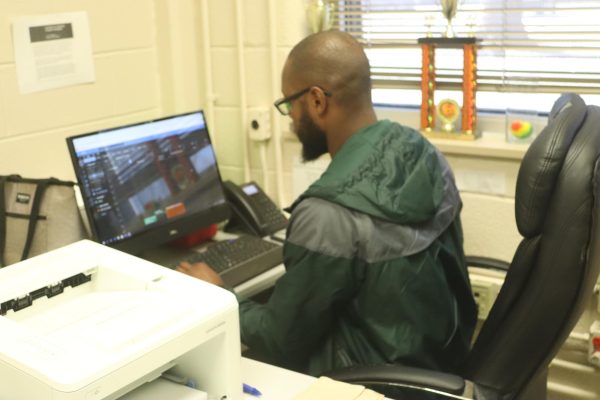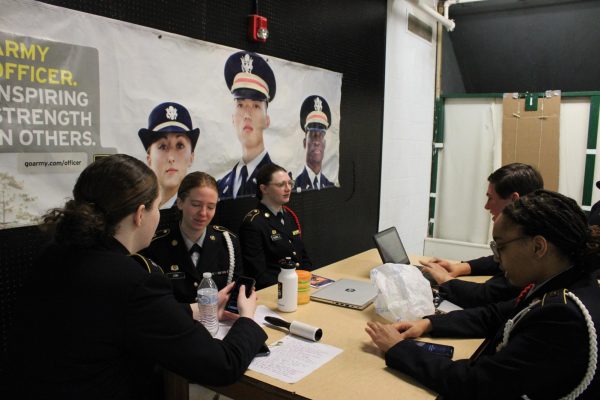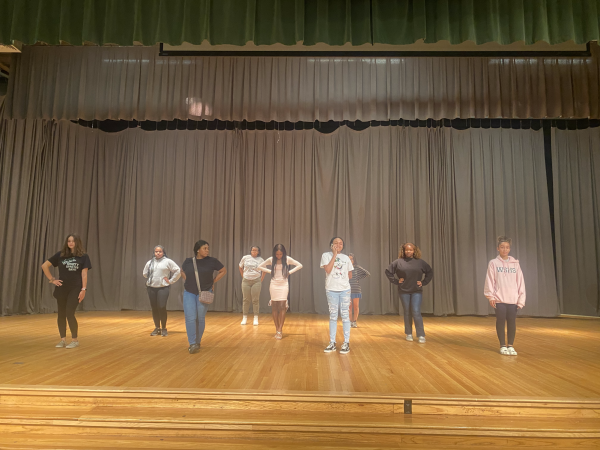Booming book clubs: AP Literature students create reading groups
Some AP Literature students participating in the book clubs are reading “The Color Purple” and “Little Women”, while others have chosen different accredited works.The novels will prepare students for the open ended question on the AP exam.
For some students, reading a book on their own can be uninteresting and challenging to finish compared to when reading with peers. Students in the AP Literature course have proven that reading can be exciting with others. With teachers searching for ways to keep students engaged in the curriculum, reading has become one way for AP Literature students to become more engrossed by reading while preparing for the AP exam.
The book clubs allow students to read outside of school with friends, and allow them to make reading more intriguing through discussions. Monique Fisher, AP English Literature and Composition & Honors Creative Writing teacher, created these clubs to get her AP Literature classes ready for the open-ended essay question.
“After 2013’s open question on the AP Lit exam threw my students a curveball, I try to assign books in this class that can fit a wide range of exam questions,” Fisher said. “But none of the books that I required fit this assignment neatly.”
Students have hosted the meetings through Zoom, Microsoft Teams and other platforms. Each book club discusses the book in different ways, but the majority start with the basics of what happened in the chapters they have read.
“We engage with each other, centering our responses on what the [leading] question asks,” Lily Zeng (12) said. “Our answers are casual and conversational…we just respond to whatever we can think of at the moment, and the beauty of book clubs comes from the encouragement and thoughts of your peers.”
The book clubs have allowed students to socialize with others, engage in reading and improve analytical skills in literature. Participating in the book clubs has allowed some students like Sarah Hardin (12) to share more.
“Book clubs have lessened the anxiety I have about saying something wrong in class in a large group setting,” Hardin said. “I’m not afraid to be wrong; I’m not scared to talk. In class, especially in APs, it can be very daunting to talk after someone gives a super intense eye-opening analysis.”
Participating in the book clubs has created new connections by allowing students to connect with people they don’t regularly consort with in class.
“It helps form an intellectual bond with people whom you’ve never interacted with in an academic sense,” Zeng said. “You can see how they think and what connections they make in the story and how that coincides or differs from yours.”
AP Literature students like Allie Mascolo (12) have gained an interest in reading again and are feeling excited to read their book choice. With students having the opportunity to pick what they want to read, they are able to stay informed and excited about the book.
“Since I was able to choose a book that I had already been wanting to read, it felt a lot less like an assignment and a lot more like something I was doing just because I wanted to,” Mascolo said.
Fisher believes that the book clubs will continue to help students in and out of school with independent reading. Reading may not be every student’s favorite thing — especially when assigned by a teacher — but when students get to connect with peers, it can be made enjoyable by sharing unique opinions of a book’s message.
“Reading is so subjective, so there is no ‘wrong’ answer to a question. It is up to one’s interpretation,” Zeng said.
Your donation will support the student journalists of White Station High School. Your contribution will allow us to purchase equipment and cover our annual website hosting costs.
